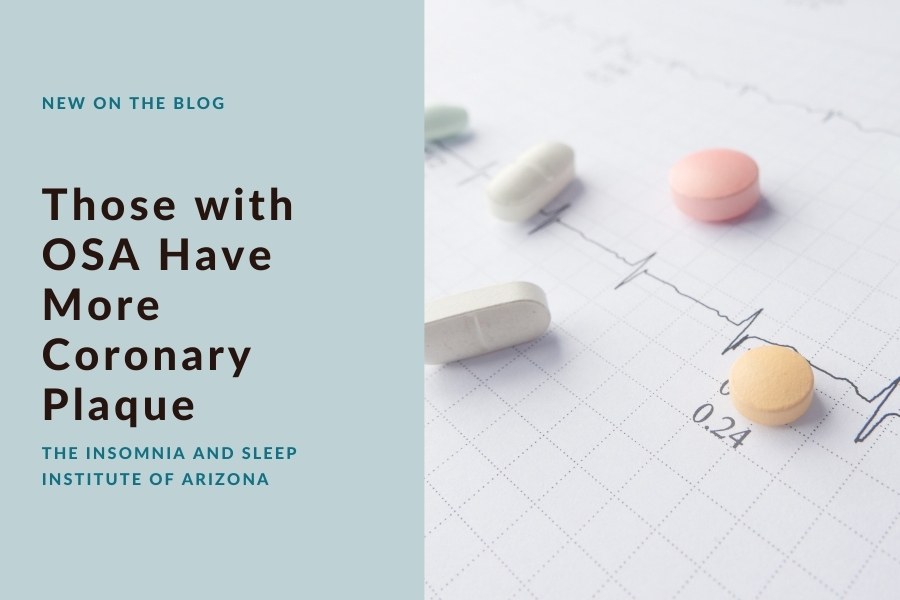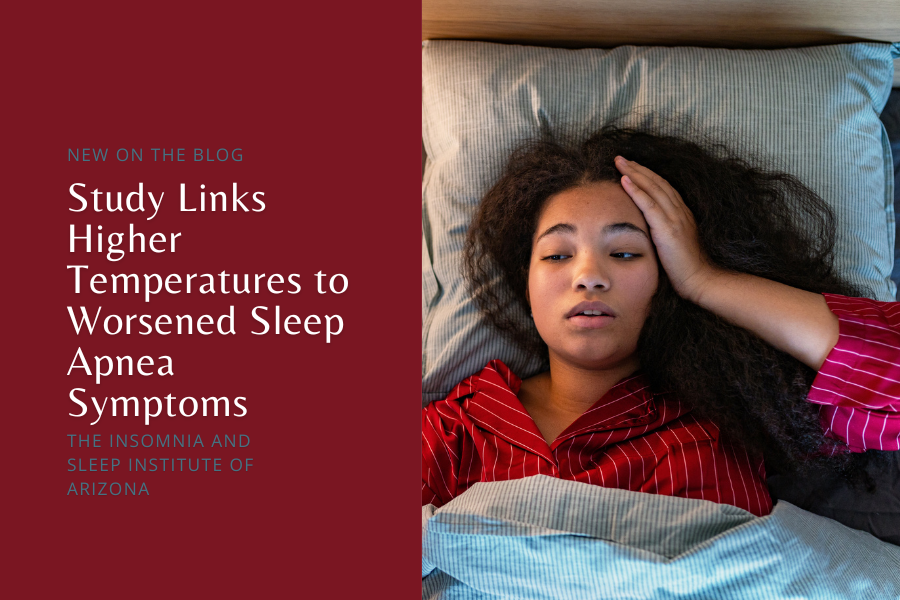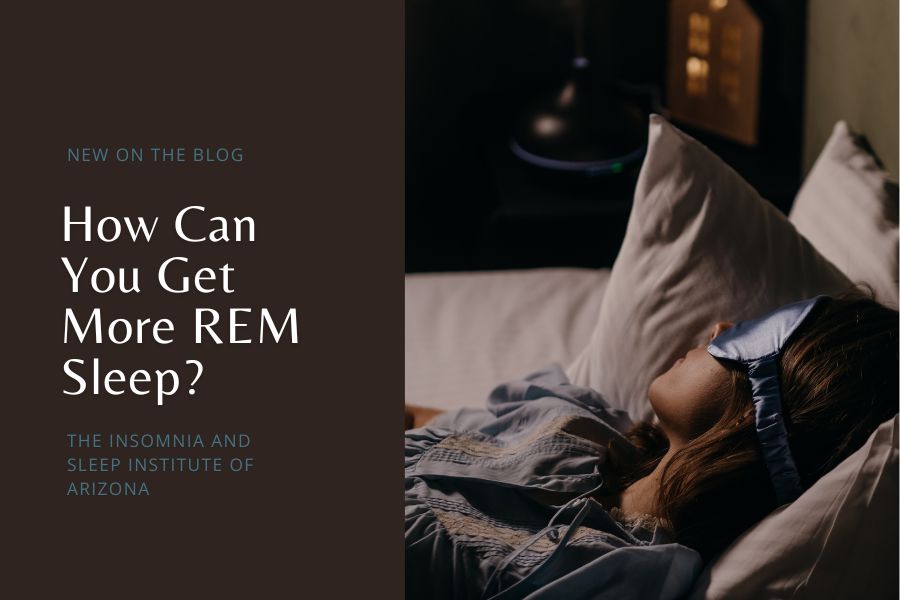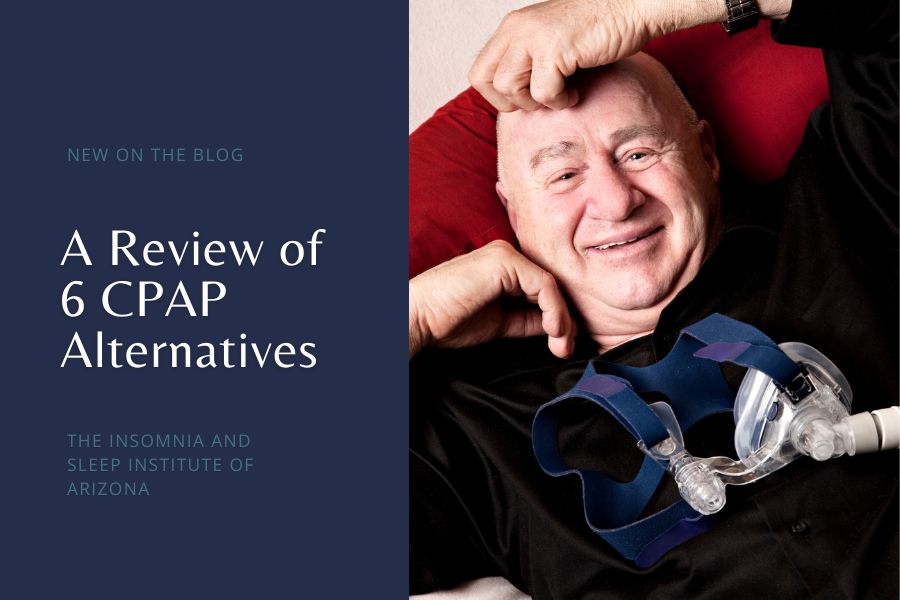It has been well established that those with obstructive sleep apnea (OSA), the most common type of sleep apnea, suffer from a host of comorbidities when left untreated—including cardiac events. The Insomnia and Sleep Institute of Arizona is staffed by sleep specialists specializing in sleep medicine, and you will meet with one of these experts from your consultation forward. We are outcome-driven, home to the “Top Doc” in the region for the past six consecutive years, and work with patients as young as two years old. Millions of people have OSA, and up to 90 percent of them are undiagnosed. This is an unfortunate statistic, particularly given the outcomes associated with OSA.
A new study found that those with OSA have higher presence and burden of coronary plaque. This plaque is a risk factor for coronary events. A cross-sectional study of 692 adults, most of whom were men (71 percent) with the mean age of 55.1 examined how OSA and coronary plaque intersect. The participants undertook a sleep monitoring study along with a coronary CT angiograph study at a hospital in Beijing from 2015 – 2019. In total, 120 participants also underwent polysomnography while 572 underwent respiratory polygraphy.
Study Findings: OSA and Heart Health
The researchers found that overall, those with moderate to severe OSA had more coronary plaque. They also faced a “higher likelihood for plaques to contain a non-calcified plaque component.” Finally, the researchers report that these patients had a “higher likelihood for plaques to contain a low-density non-calcified plaque component.” The oxygen desaturation index and apnea-hypopnea index were both linked to coronary plaque presence, a low-density non-calcified plaque component, and a non-calcified plaque component.
The researchers say, “Our findings suggest an increased burden of high-risk plaques in patients with moderate to severe OSA, which may explain the increased risk of acute coronary syndrome in these patients.” Does this mean those with OSA will simply have more coronary plaque than others—and thus a higher risk factor for many heart conditions? Not necessarily. The researchers did not describe whether or not the patients were undergoing treatment for their OSA. Although OSA isn’t always “curable,” it is treatable.
What Causes OSA?
OSA occurs when the airways collapse during sleep, depriving the brain of oxygen. It is different than central sleep apnea (CSA) because OSA is a muscular problem while CSA is related to brain commands. One of the leading contributors of OSA is obesity, and oftentimes lifestyle changes including weight loss can lessen or even remove OSA symptoms. However, not every person with OSA is overweight. There are many factors contributing to this very common condition, and CPAP therapy is the gold standard in treatment.
CPAP forces the airways to remain open while a person sleeps. Today’s CPAP technology is highly innovative and customizable so you can certainly be fitted with a device that works with you and your lifestyle. There are many types of nose/mouth pieces available and various machine sizes. The most common reason for lack of adherence to CPAP usage is technology that is not worn or fitted properly. It is very important to work closely with a sleep specialist to make sure your CPAP machine and accessories are fitted to you. CPAP therapy is simply not effective if it is not routinely and correctly used.
CPAP for OSA
For the rare patient who does not fare well with CPAP therapy, other options are available like the Inspire implant. These implants are placed in the chest area and force the airway to open while asleep. However, patients cannot be approved for an implant until they have given CPAP therapy a try and failed. Still, if you are a good candidate for an implant, The Insomnia and Sleep Institute is one of the exclusive facilities that can help you with this process.
If you have OSA or suspect that you do, the sooner you get treatment the better off your heart will be. Meet with a sleep specialist during a consultation in which you will get a diagnosis that can inform testing and treatment if applicable. Connect with The Insomnia and Sleep Institute today by filling out the online form, or call the office to schedule your consult.








